ABOUT
Photo Credit: John Taylor
Jasmin Iolani Hakes is the author of HULA (HarperVia), named a best debut novel of 2023 by Booklist and winner of HONOLULU Magazine’s Book of the Year (about Hawaiʻi). She is of mixed ethnicity and is in part a product of those who migrated to the Hawaiian Kingdom to labor in the sugarcane industry from all over the world, including Puerto Rico, the Philippines, and the Portuguese Islands of Madeira and the Azores.
HULA was inspired in part by her family oral history that spoke to having Hawaiian blood as well as a number of other ethnicities not listed on her birth certificate, as well as her journey as a mother, raising one daughter who is Native Hawaiian on paper and one who isn’t.
Her work has appeared in the Los Angeles Times, Lithub, and the Sacramento Bee. She is the recipient of the Best Fiction award from the Southern California Writers Conference, a Community of Writers LoJo Foundation Scholarship, a Writing by Writers Emerging Voices fellowship, and residencies from Hedgebrook, VCCA, and Storyknife.
She lives in Los Angeles.
A Conversation with Jasmin Ὶolani Hakes, author of HULA
Q: Where did the idea for HULA come from?
A: This story has probably been germinating inside me for many years. My mom said I was lucky to have been born at home or she never would have believed I was hers because I was so white. Growing up in Keaukaha, I was perpetually teased that I looked like a tourist. It wasn’t malicious, but coming from a proud local family with deep roots in Hawaiʻi, it did make me wonder where I fit. When I was twelve my life went through a huge shift, and hula was the only thing that grounded me. But I was self conscious. I didn’t fit the hula dancer image in my head. I started feeling like an imposter, which was heartbreaking because I truly loved it.
I moved to California when I was in my 20’s, and immediately went to work trying to carve out a new home and identity for myself. But the longer I stayed away from Hawaiʻi, the clearer my connection to it became. So when I set out to write a story about my hometown, I didn’t have a clear idea of what it would be. I just wanted to lean into my homesickness. But once I was in it, all these vulnerabilities and doubts I had always been too scared to voice rose to the surface. It’s not necessarily auto fiction, but I knew if I was going to write a story about a place like Hilo, I wanted to include all of its beautiful complexities, and the only way to do that was to dig deep.
Hula is the story of my home. Of where I and generations of my family are from going back to the 1800’s. Written in the language of my birth.
It’s about the challenges that continue to plague my community as a whole. It’s about how reductive and harmful blood quantum laws are to all Hawaii’s communities who have resided there for generations, native or not. It was inspired in part by my own life, as well as that of my daughters – one Native Hawaiian, one not, both of whom have a cultural inheritance that comes with a responsibility.
Q: The narrator warns in the beginning that, in spite of its title, this story will not teach you how to dance hula. Why?
A: Yes, in spite of the title, HULA does not offer as much actual dancing as one might assume. Part of that was out of my deep respect for hula and all the kumu I know who have dedicated their lives to its perpetuation. A student makes not a teacher. It’s been a long time since I danced, but my kumu taught me enough to know that well! Even writing a made-up choreography felt uncomfortable, so I decided to stay far away from it. So instead of a book about hula, I wrote a story presented as a hula. Similar to many Hawaiian words, the word hilo has multiple meanings. One is to braid. I used that imagery to weave the strands of Hilo’s layered dynamic with its strong collective voice and the inherent tension of mother/daughter relationships into a sort of circular history that presents Hawaiʻi in a way that resonates.
Q: What are you hoping readers take away from HULA?
A: The Hawaiian Kingdom was the most literate nation in the world at one point in time. They were navigators, astronomists, botanists, and agriculturalists who had an incredibly advanced understanding of the natural world. Their oral histories, hulas, and music rival the epic poetry of ancient Greece. As a people, they were decimated by colonization. As a culture, they were nearly erased. As a kingdom, they were overthrown and exploited. And yet, there remains a determinedness to not only survive but to thrive. The way the language and ancient knowledge have been rescued from the jaws of extinction is a David and Goliath story unlike any other. It is this fierce spirit I tried to capture in HULA, and what I hope lends to an increased appreciation and awareness of all that Hawaiʻi encompasses.
Q: You cover a lot of ground in the story. Did you set out to write a historical novel about Hawaiʻi?
A: Not at all! I was focused on writing a story about the nuanced Hawaiʻi I know and love. But the issues that Laka and Hulali have with each other are deeply rooted, and the ramifications of Hi’i being who she is requires a contextual understanding of Hawaiian history. Which is interesting, because when I was working on the first draft, I worked off memories of conversations and arguments and protests I had observed from my family and community throughout my life. I was familiar with the struggle, but not all the elements of the wider story it was born out of. I was educated in Hawaiʻi at a time when we weren’t taught its history, so I had a lot of catching up to do. Thankfully there are a number of scholars who have worked to make that history readily available through books, lectures, videos, and classes. Some generously offered their time to provide insight that made the book possible, as well as clarified my own understanding of the political dynamics of my home. I was also incredibly lucky in that I had a wealth of knowledge in my aunties and uncles, and it was the gift of their stories and experiences that gave me the confidence that I could do this story justice.
Q: There are many aspects of this story that speak to current events and protests happening in Hawaiʻi, but also some pretty big conversations happening globally – issues around identity and diversity, who gets to say what, and who decides. How intentional was that?
A: The most surprising, and heartbreaking, thing that happened during my research was realizing how much was still relevant. While there has been a lot of progress made within Hawaiʻi’s cultural renaissance in terms of education and the arts, there has been too little change in its uneven power dynamics and major political players. My agent and I were getting HULA ready to submit when the protests over the construction of the Thirty Meter Telescope (TMT) on Mauna Kea came to a head in 2019. While much of the world offered their support to those holding the line up on the mauna, a fierce debate ensued internally on the islands, with elected officials and journalists using the same tired arguments favoring corporate development and interests as they had back before the overthrow of the kingdom. Watching coverage of the protests from California, I saw the many familiar faces of aunties and cousins and nieces and nephews, my kumu and former halau and so many others standing in kapu aloha. I was overwhelmed with emotion. When the line of kupuna were arrested, I cried. As a keiki o ka ʻāina and former student of a hula tradition that understands Mauna a Wākea as Hawaiʻi’s piko and therefore its most sacred place, my visceral response was always going to be what it was. But having been so immersed in learning about the overthrow and its aftermath, including all the ways stolen crown lands were kept in the hands of those who profited from them, I could also see the colonial ideologies of the past working in real time. It made me all that much more determined to get HULA out into the world in the way I had written it, complete with all the bitter disappointments and hard fought victories of the sovereignty movement thus far.
I was also surprised to discover all the books and forums that continue to happen within Pacific Islander communities around the world that deal with topics and questions I used to consider my own private conundrums – blood quantum debates, belonging, self-determination, and the line between cultural appreciation and cultural appropriation.
So while I did not purposely align HULA with these conversations, I do hope that the experiences and perspectives of the Naupaka women and all they are fighting for in HULA can contribute something to them.




